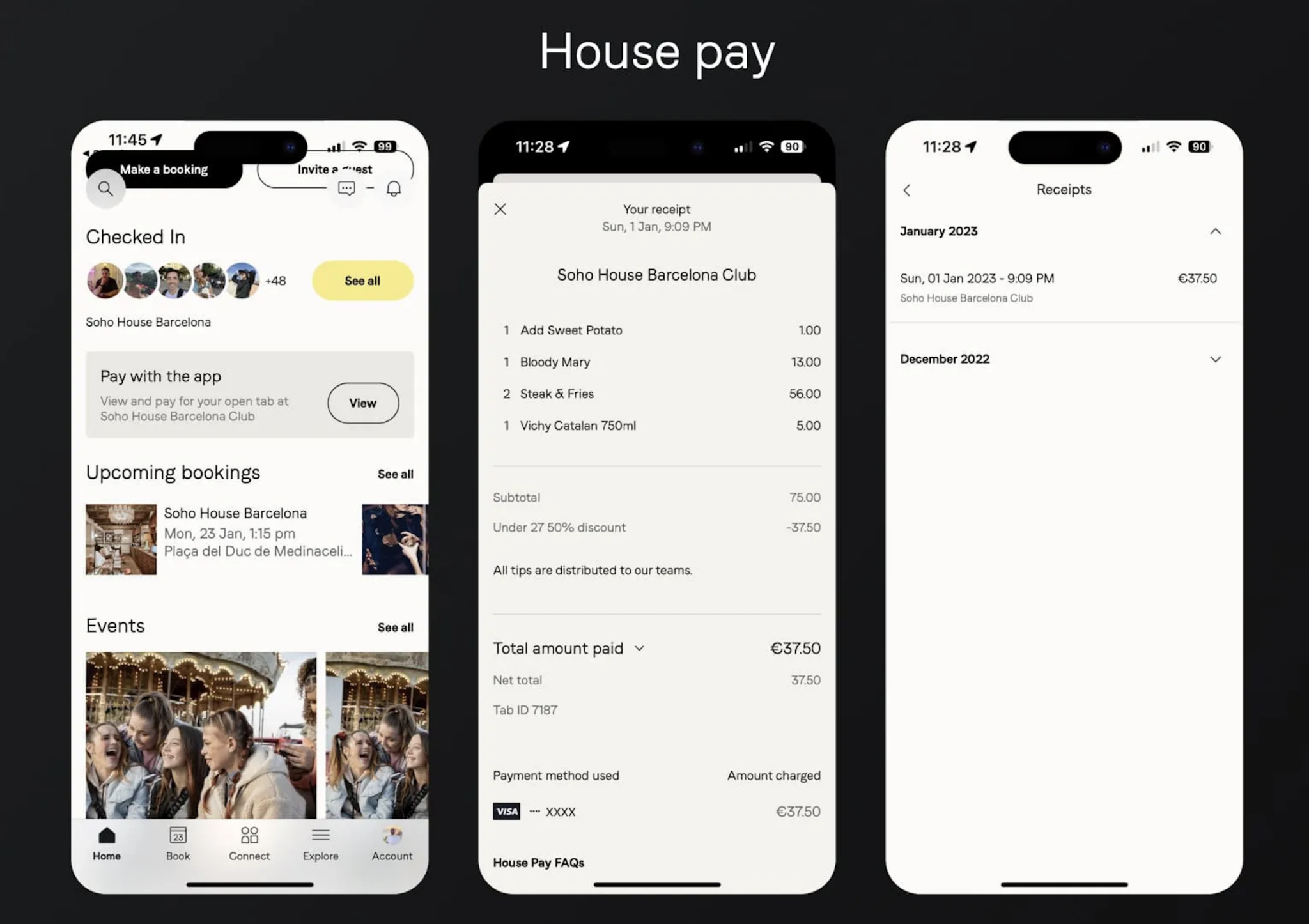Rocketrip Pulls in Google Exec for Next Step in Corporate Travel Booking

Skift Take
Open booking in business travel is a misunderstood concept because proponents, whether they be Concur with its TripLink product, Google for its employees, or startup Rocketrip, are all seeking to get travelers to adhere to corporate policies whether that means sticking to a budget; using preferred airlines, hotels or car rental companies, or both.
The issue comes to the fore as New York-based Rocketrip, which has a platform modeled after a Google Trips solution that rewards employees for finding deals and keeping their travels within benchmarks expected for a given trip, has signed on Google’s Dublin-based global travel manager, Mike Tangney, as a strategic advisor.
Concur has been a pioneer of open booking, a concept that seeks to corral rogue business travelers who want to book hotels and airlines of their choosing on consumer sites, although Concur has dropped the terminology.
While Concur enables a corporation’s employees to book United Airlines’ flights on United.com, for example, and take advantage of negotiated rates, it only works if the corporation is both a client of Concur’s travel and expense solutions and TripLink, and also has a negotiated deal with United.
Rocketrip, with Tangney’s newly enrolled assistance, plans to take matters a step further, enabling a company’s employees to book just about anywhere as long as the trip costs fall within what the platform’s algorithms prescribe as expected and acceptable costs.
Employees get rewarded via gift cards, perhaps company stock or even just praise, for finding deals and saving the corporation money under this scenario.
“There are one hundred different ways you can do it,” Tangney says. “You need a system that at least keeps score,” and informs employees that Jack is booking travel in a way that is better than Jane (or vice versa).
Tangney argues that the solution grows out of the contradiction that some corporations entrust their employees to make all sorts of important decisions impacting the company in their jobs, but restrict them when it comes to booking their travels.
Tangney says he’s just getting familiar with Rocketrip’s platform, which has parallels to solutions that Google began implementing for its own employees in 2008.
The Rocketrip platform has some technology gaps and Tangney says he believes his operational experience can help make it more efficient by tweaking it.
Tangney says he’s impressed with what Rocketrip, founded in 2013, has already done.
Some might think it unusual for a Silicon Valley guy like Tangney to hook up with a New York startup, but Tangney points out that although he works for a Silicon Valley company, he’s based in Dublin.
“To be honest, New York is actually a lot closer for me than Silicon Valley,” Tangney says, adding that he’s always worked for multinational companies and welcomes the opportunity to help mold a startup.
Rocketrip founder and CEO Dan Ruch says the Google Trips platform has been at the heart of a debate in global business travel about how best to promote compliance with corporate travel policies, and Rocketrip’s platform grew out of some of that thinking.
“Now it’s time to build the next versions of the product, and with Mike now on board, we can learn from the experience he’s had, what’s works and what doesn’t, so we can build much, much faster,” Ruch says.
“Predicting what a trip should cost before it happens is an incredibly sensitive and challenging problem,” Ruch adds. “Given our incentive models, it is absolutely mission critical that we get this right, for every trip. Mike’s years of experience refining the Google Trips product has and will continue to be instrumental in shaping the future of our product.”
It looks like open booking will get a ton more open regarding the sites and apps where business travelers book, although it still all comes down to corporations trying to control the habits of their traveling employees.





